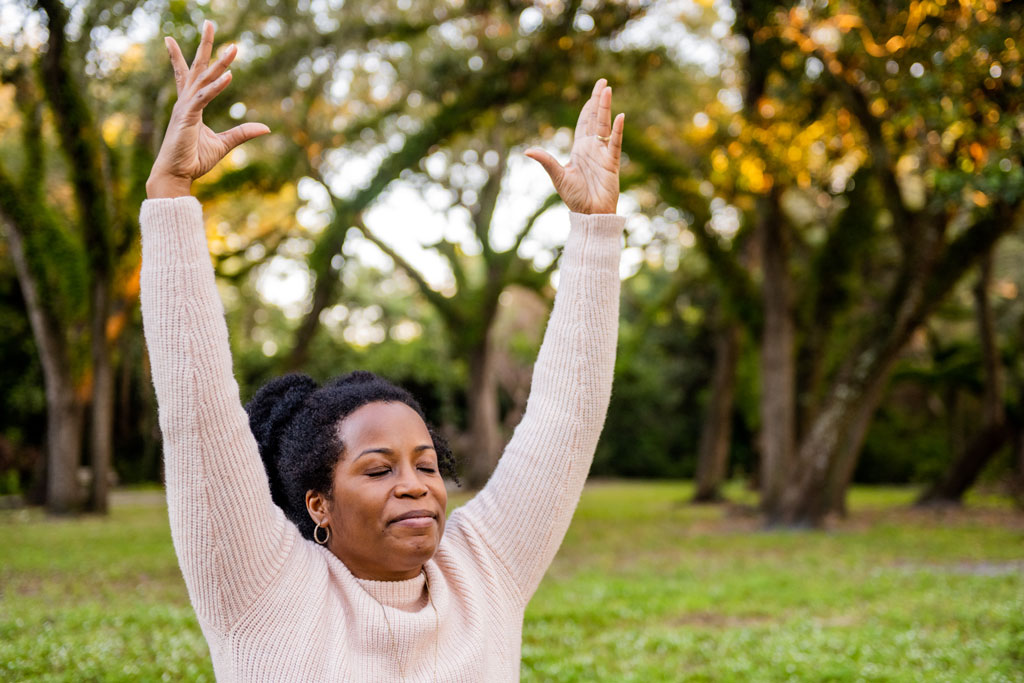We Are Here To Help
There’s Always Another Option. ♡
- © Copyright 2024 Alternative Options Counseling Center, Inc | Site Map
Learn more about depression treatment facilities, their benefits, and how to find a program near you here.
Home - Anxiety & Depression - Everything You Need to Know About Choosing Depression Treatment Facilities
Depression differs from grief or sadness. There are several potential diagnoses for depression symptoms. Understanding depression can help you or a loved one get the help they need to heal. Depression treatment facilities are a great option for getting the help you need.

Let us guide you through your options and treatment opportunities. Contact Alternative Options today.
Depression does not affect everyone in the same way. It is important to understand the symptoms of depression. It is also beneficial to know how it differs from other mental health concerns. Common examples of depression symptoms may include:
Depression is more than a single diagnosis. There are several types of depression. Some common depressive disorders are detailed below.
Seasonal affective disorder is a type of depression that occurs seasonally. It is more common in regions where hours of natural sunlight decrease during the fall and winter.
Depression treatment facilities help someone living with depression begin to heal. The services provided at depression treatment facilities focus on whole-person care. Getting help to overcome depression is the first step in healing your mind, body, and spirit.
However, there are challenges to recovery, which differ from person to person. A depression treatment facility offers options for treatment with individualized therapy programs.
There are many types of treatment for depression. Regular outpatient sessions with a mental health provider benefit some people. But others may need more help and guidance to get well. Partial hospitalization and intensive outpatient programs at depression treatment facilities offer intensive therapy. These programs provide a safe and comfortable environment that supports healing.
Your depression symptoms may differ from those of other people. You may experience certain severe depression symptoms, including:
Your doctor may recommend the care offered by depression treatment facilities in California. More intensive care also helps when symptoms do not respond to outpatient treatment.
Depression treatment facilities differ from other treatment types. Treatment for depression also occurs in outpatient programs and hospital settings. Outpatient programs may be effective for some needs. However, outpatient treatment may not provide the same level of varied care. Outpatient therapy is also less intensive than depression treatment facilities.
For someone experiencing severe depression symptoms, a short-term hospital stay may be necessary. In the hospital, stabilization occurs before beginning therapy. Long-term hospital treatment for depression may not be as effective or fine-tuned as services provided in a program specific to depression treatment.
Choosing a program like Alternative Options ensures a wide variety of therapy models. In a depression treatment program, you will take part in a combination of group and individual therapy. Our providers are skilled in several therapy models, including evidence-based and alternative options. Examples include:
Cognitive-behavioral therapy
Dialectical behavior therapy
Psychoeducation
Trauma-focused therapies
Art therapy
Experiential therapy Yoga

At Alternative Options, we aim to help you take the first steps toward recovery. At our intensive outpatient, partial hospitalization, and outpatient depression treatment centers, our caring and compassionate team members will work with you to develop treatment plans that focus on your specific needs and goals as you enter treatment.
Alternative Options provides a supported and structured environment to help you learn about and understand the concerns that brought you to our program. We offer programs for a variety of conditions, including:
Mental health disorders such as depression and anxiety
Substance use disorders
Co-occurring treatment needs
If you or a loved one need help to take the first steps towards overcoming depression, we are here to help. Members of our admissions team are available to teach you about our programs. The decision to seek treatment is not always easy. We are here to help you or your loved one get the help you need to start over free from the weight of depression.
To learn more about programs at our depression treatment facilities, contact us today.
1 https://www.psychiatry.org/patients-families/depression/what-is-depression
2 https://www.ncbi.nlm.nih.gov/books/NBK559078/
3 https://www.dbsalliance.org/education/depression/statistics/
4 https://www.nimh.nih.gov/health/statistics/persistent-depressive-disorder-dysthymic-disorder
5 https://www.nimh.nih.gov/health/statistics/bipolar-disorder
Serving Los Angeles and Orange County Areas
We Are Here To Help